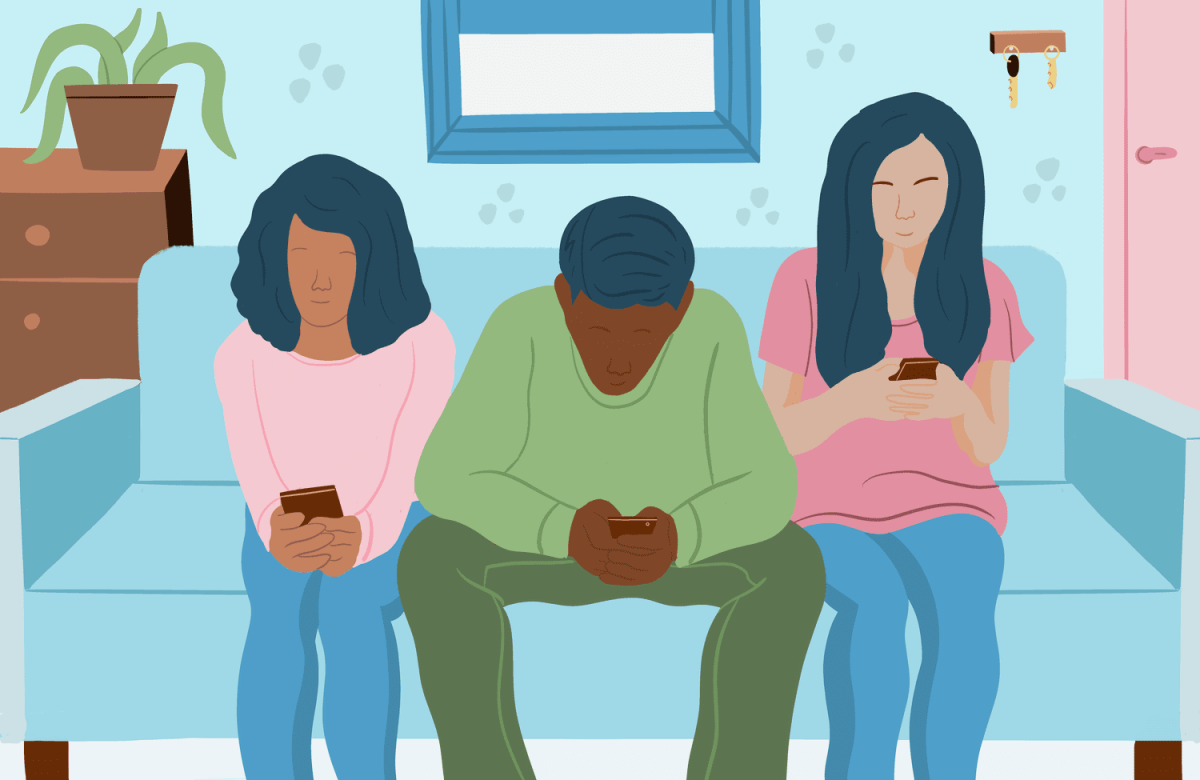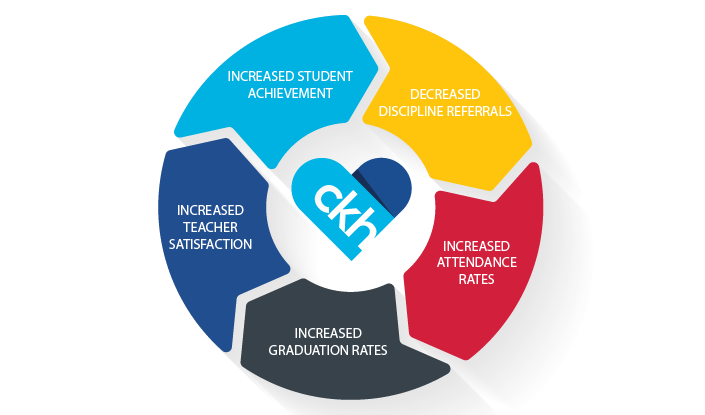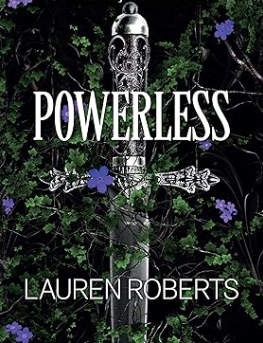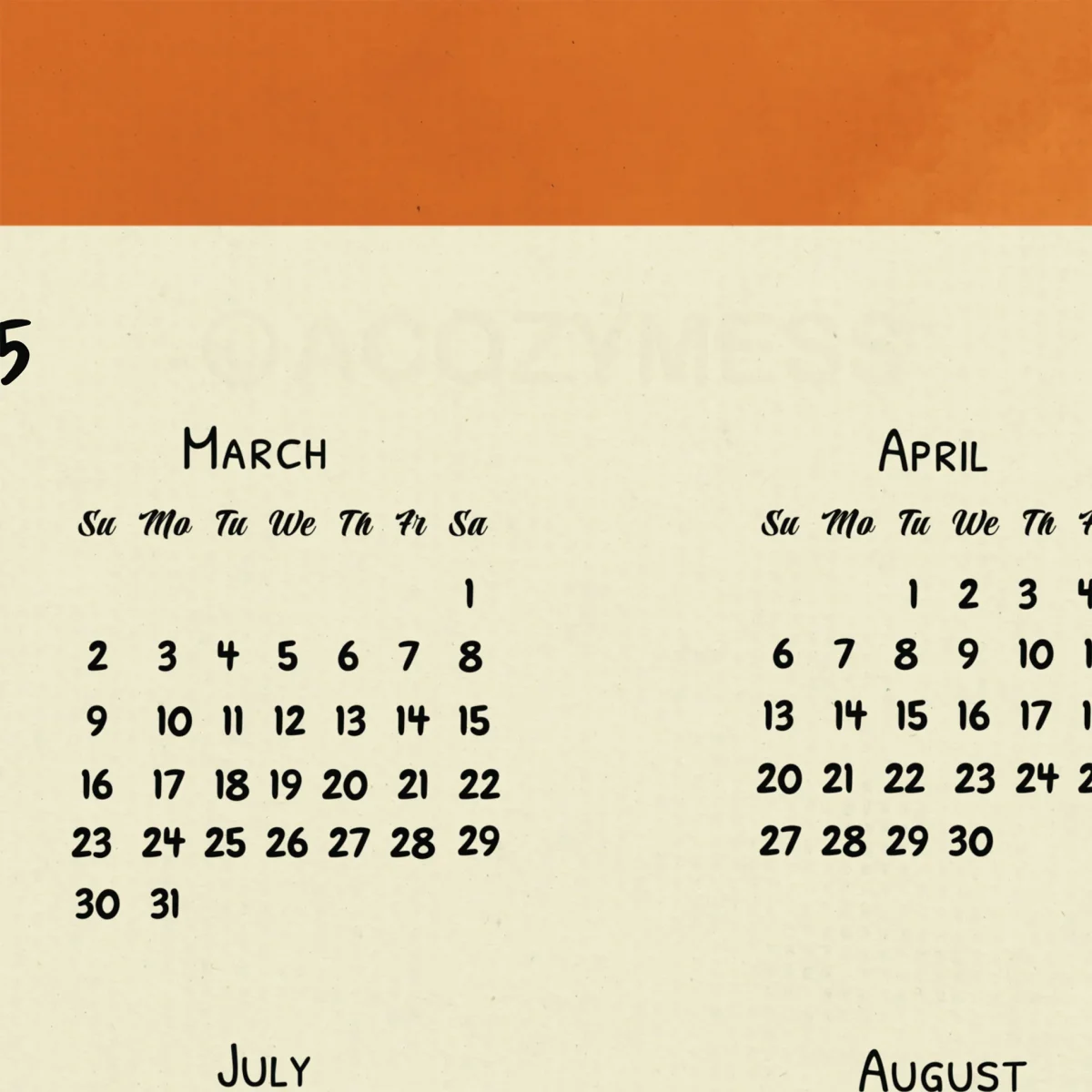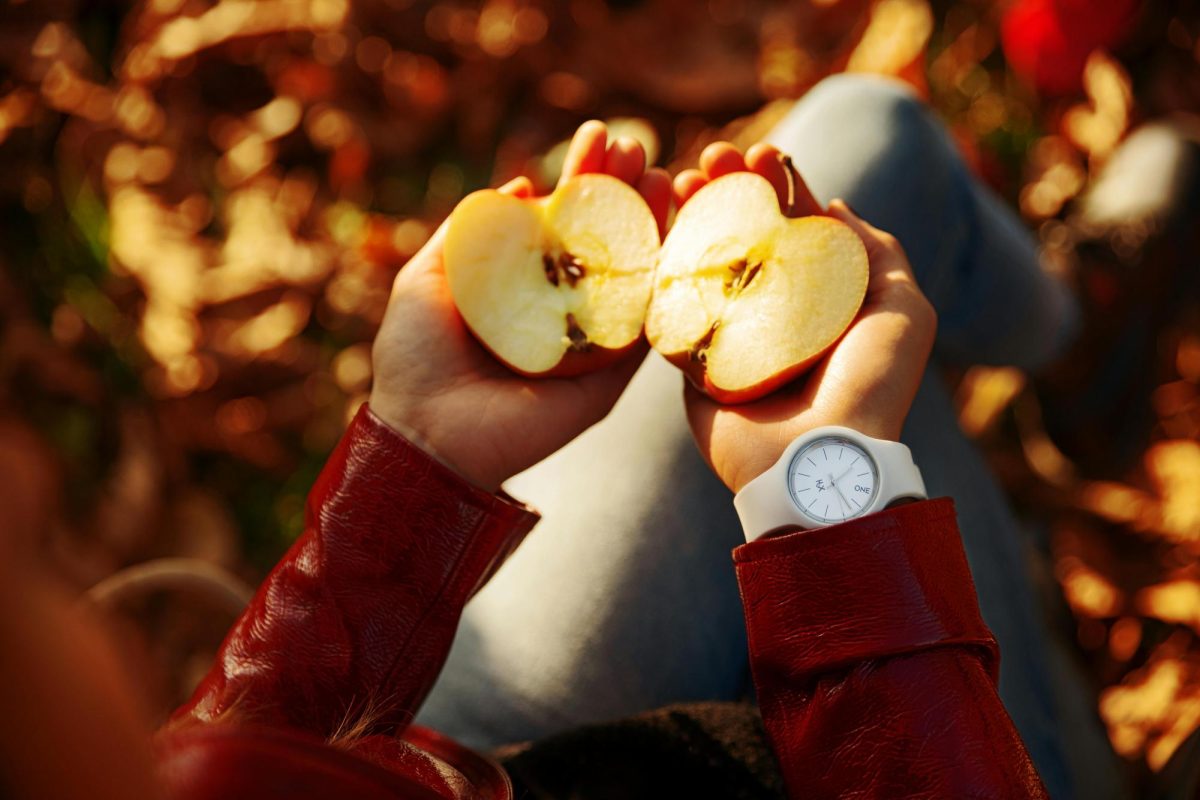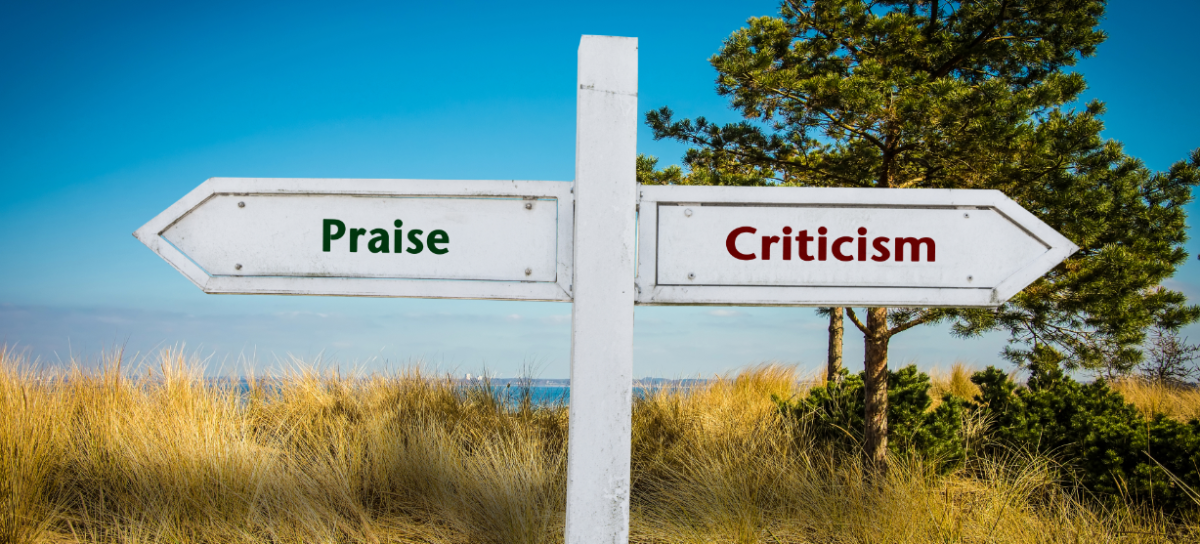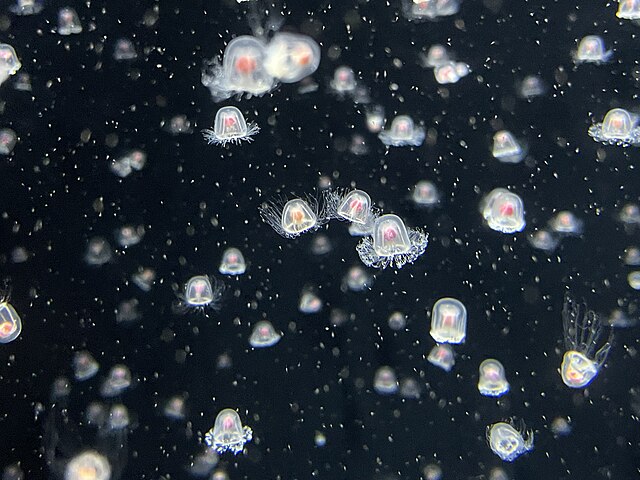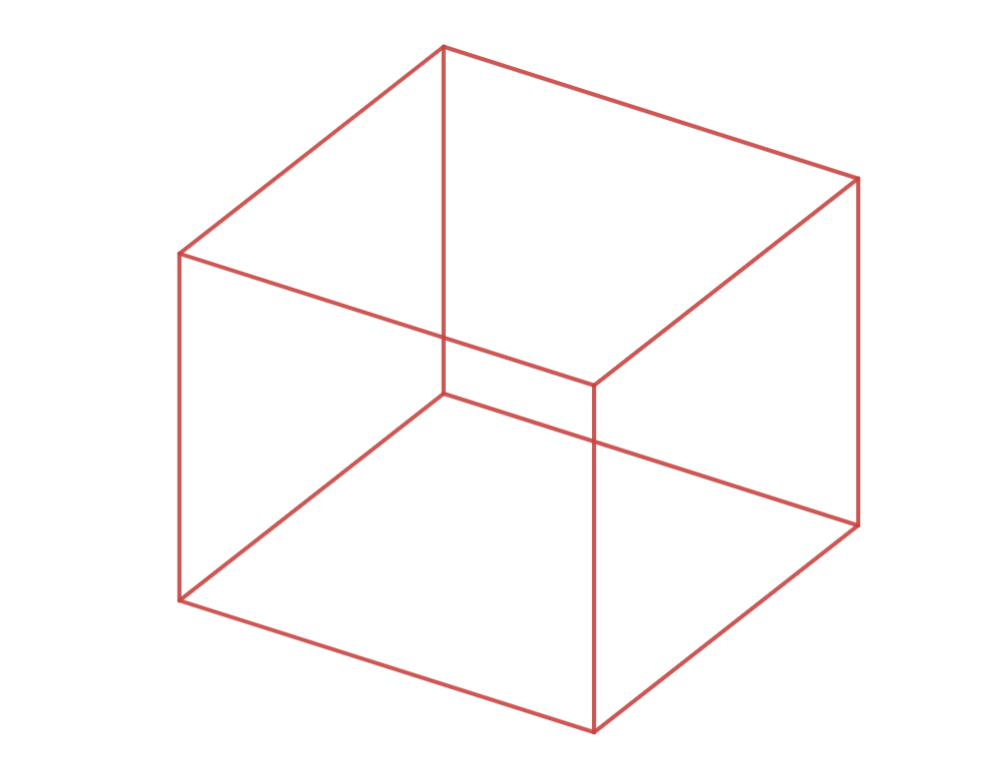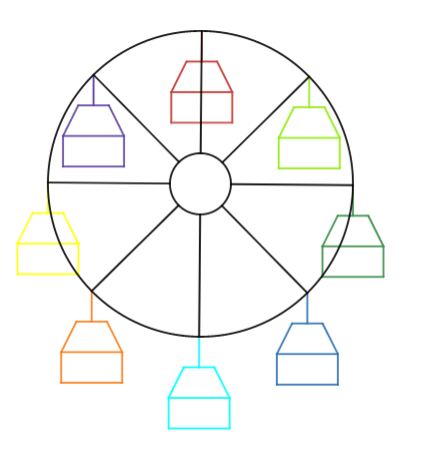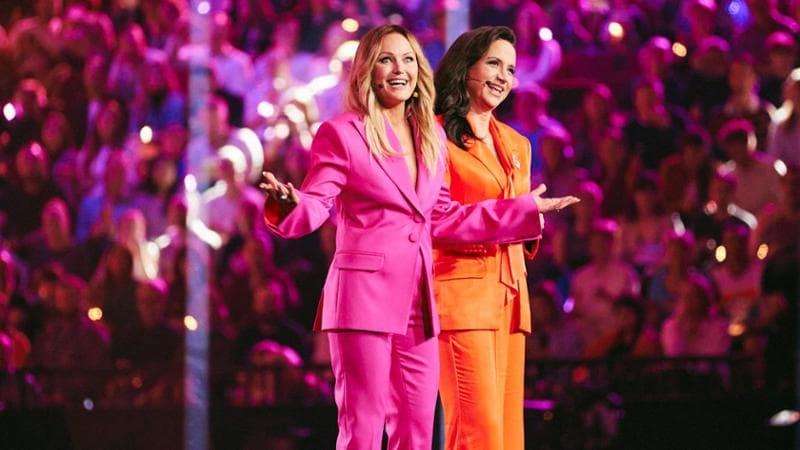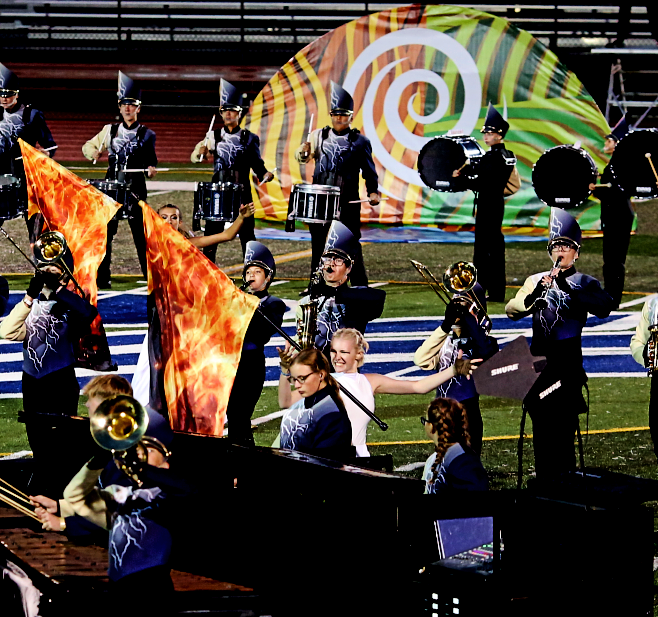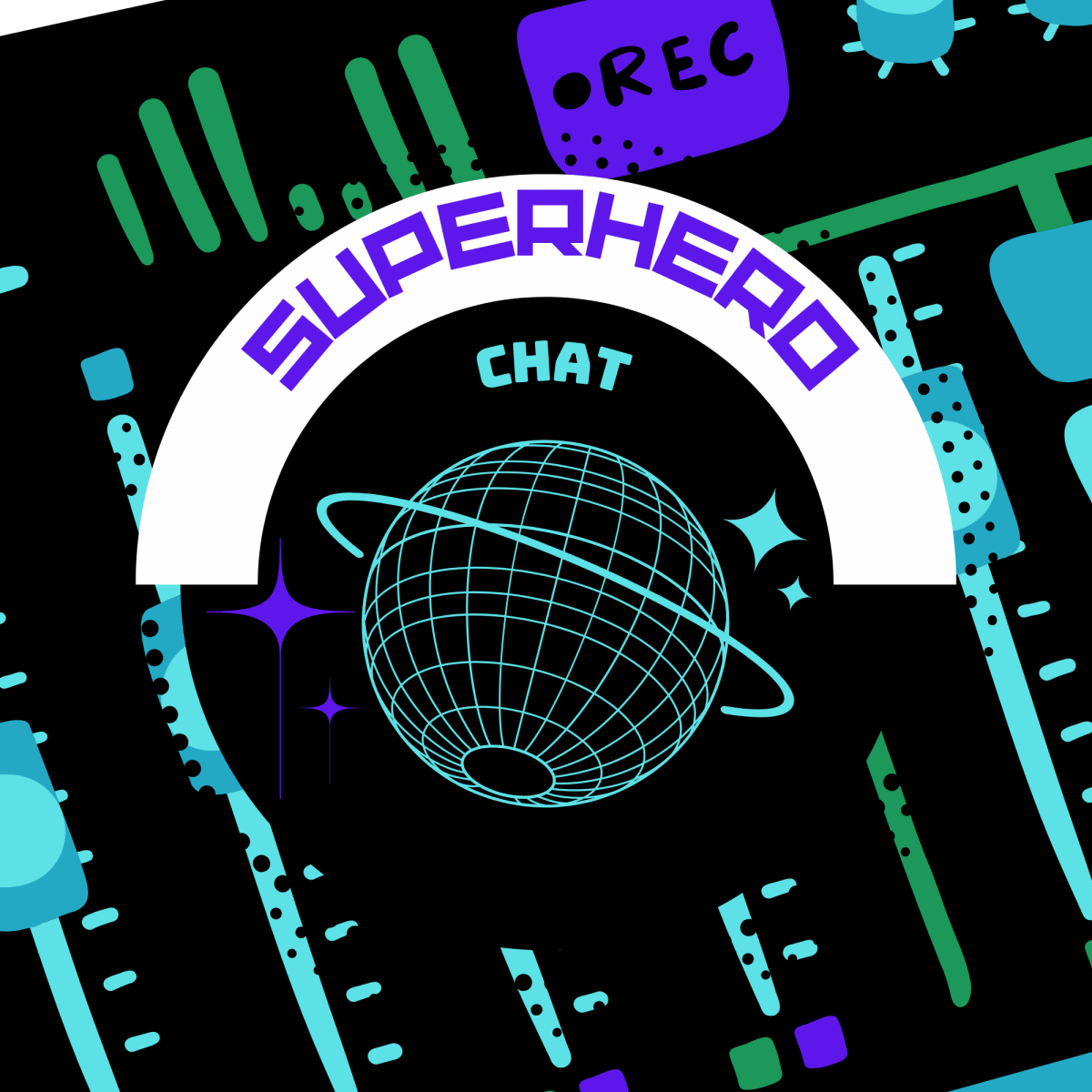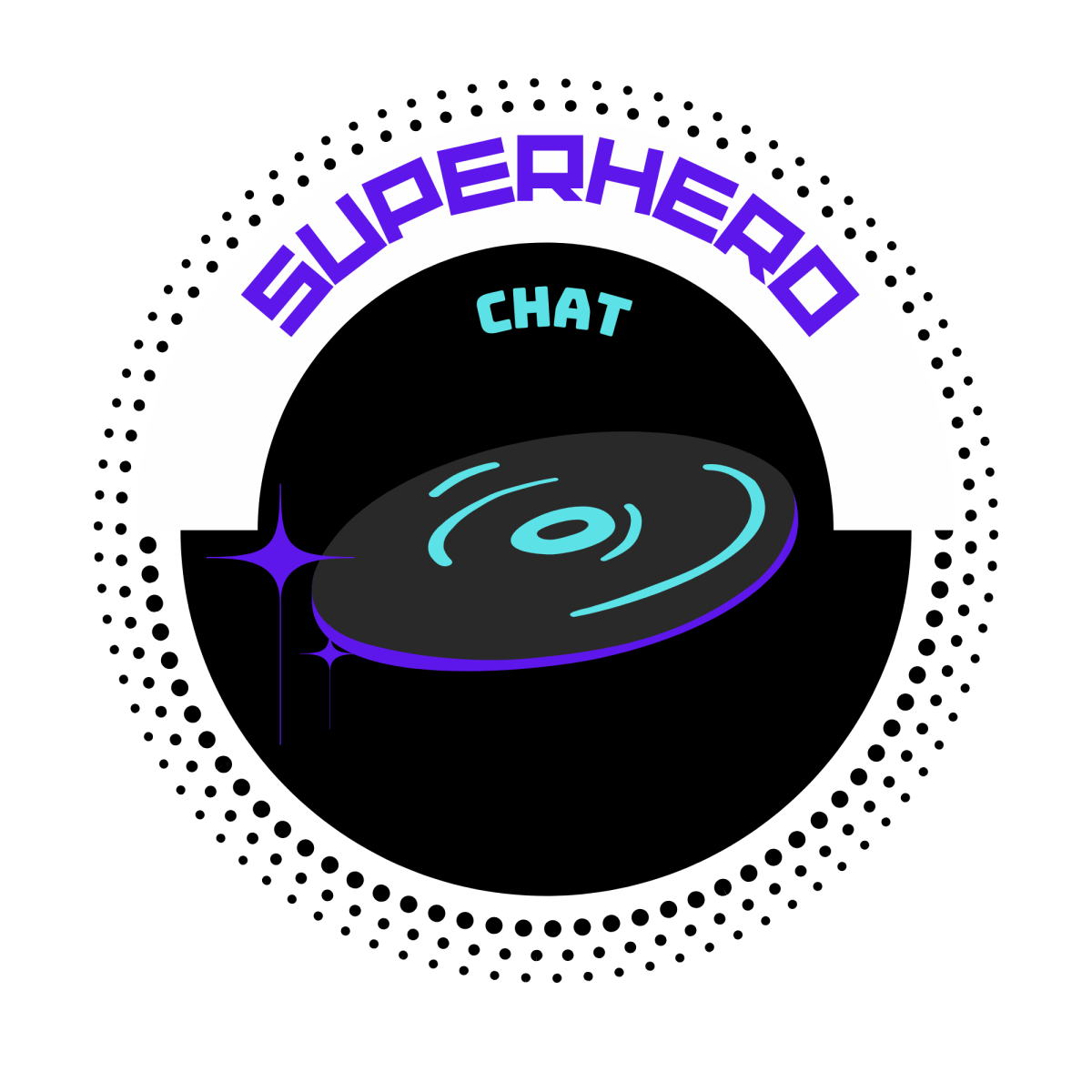The Dirty Little Secret of Energy Drinks
Healthy or Harmful?
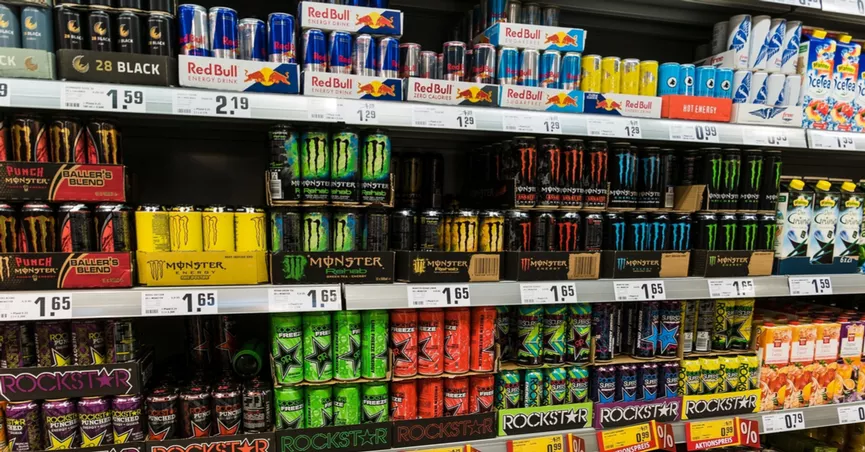
July 2, 2018
It’s no secret that energy drinks are popular in America. Whether it’s before your next big game, your workout, or because you like the flavor, energy drinks are particularly popular among adolescents and younger adults. In fact, 66% of all energy drinks are consumed by individuals between the ages of 13 to 35 (“The Health Effects…”). However, while this 66% and others think that they are doing a good thing for their body, they are not. Energy drinks have a surprising amount of health concerns and those concerns are even greater among teens. Because the fact is that energy drinks have many dirty little secrets.
The Disadvantages
Despite public health warnings, consumers seem to think that drinking energy drinks is a healthy choice in their diet. It boosts energy, has extra vitamins—what more is there to ask for? Well, except the fact that energy drinks can have serious health consequences.

According to Health Research Funding, due to sugars, sweeteners, and high calorie contents, energy drinks can make an individual gain weight. Individuals who consume these can also experience an irregular heartbeat and an increase in blood pressure (“The Health Effects…”). And, weirdly enough, they make blood “thicker.” Energy drinks often have caffeine, guarana, and taurine. Between these three ingredients, the amount of caffeine an individual intakes is amplified and the water and minerals in your blood decrease, making blood “thick” (Howard). As a result, cardiac arrest can occur after drinking many energy drinks. In one case, the heart arteries of an individual were locked up due to its ingredients. In other words, blood flow had been inhibited (Howard). So the heart is put in danger while consuming energy drinks.
More so, there is a long list of other effects energy drinks can have. Drinking energy drinks can lead to caffeine overdose, poor dental health, obesity, and Type 2 diabetes. It can affect the nervous system and cardiovascular system also, specifically in children, adolescents, and pregnant women (NHS Choices). The consequences get even more serious. In 2011, there were about 20,783 emergency room visits because of energy drinks. And between 2004 to 2012, the FDA believes that 150 serious injuries and 18 deaths were energy drink related (“The Health Effects…”). Overall, energy drink consumption has major effects on the body.
The Advantages
On the other hand, some argue that energy drinks also have numerous benefits. The fact is, energy drinks do provide extra energy through their caffeine content levels. Because of this, many athletes drink energy drinks and are able to push themselves further compared to if they didn’t consume an energy drink.
Furthermore, why take a nap when you can just grab an energy drink? Energy drinks are convenient and it doesn’t take a significant amount of time for your energy to be replenished (Health Research Funding). It also contains certain ingredients such as Vitamin B and Ginseng. The former helps break down food into energy while the latter releases stress and promotes anti-fatigue (Health Research Funding). In addition, the carb content can aid athletes since they need quick carbs to replenish energy stores.
Plus, energy drinks replace lost electrolytes (Samuels). Electrolytes, when properly balanced in the body, help with normal function of organs and cells (Stöppler). Losing electrolytes through sweat during physical activity can also make an individual dehradated and lead to a drop in performance. So many athletes can drink energy drinks to replenish their electrolytes and keep up their performance (Samuels). On top of that, these drinks can provide certain sugars that can aid during physical activity. The carbohydrates from sugar can help an athlete when they are trying to consume large amounts of carbs.
As you can see, there are both advantages and disadvantages to energy drinks. However, how do you know what is right for you?
With Kids
There seems to be many concerns for kids ages 12 to 17 in relation to consuming these beverages. According to CNN, 1,145 Americans in this age range went to the emergency room because of energy drinks in 2009—this number has only increased (Howard). In addition, the American Academy of Pediatrics recommends less than 100 milligrams per day for 12 to 17 year olds. Intaking more than 100 milligrams, which could be done by consuming multiple energy drinks, could lead to a higher blood pressure. The main thing, however, isn’t a health problem.
According to the University of Miami Miller School of Medicine, energy drinks don’t do anything for kids. There is no evidence that these drinks can increase athletic performance or give kids more energy. It doesn’t help kids lose weight either (Rowan). The fact is that energys drinks don’t benefit kids ages 12 to 17. But there’s more to the story. The effects of energy drinks on adolescents have not been well studied. Some do believe, as the University of Miami Miller School does, that energy drinks don’t do anything. But there isn’t any long term study to support this claim.
On the other hand, there aren’t any studies with kids that say energy drinks are good for them either.
Solutions
With this troubling news about energy drinks, how do you get the energy you need while staying healthy? According to Health Research Funding, you should turn to alternative choices. For instance, instead of downing an energy drink, drink orange juice with pretzels or other healthy alternatives (“The Health Effects…”).
Of course, there are also other ways to give you more energy by modifying your lifestyle. Sleeping more and drinking more water (not energy drinks) can boost your energy. In addition, you can eat more protein and exercise regularly to keep that energy up (“The Health Effects…”). Here are some other tips to help boost your energy:
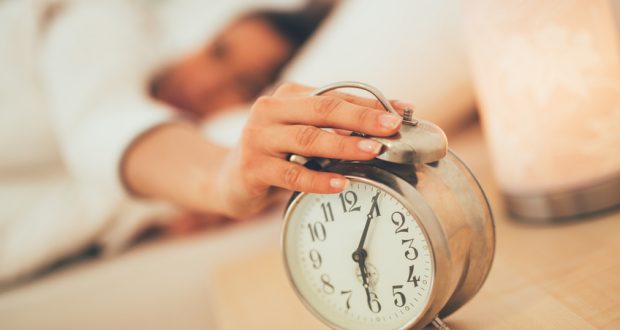 Get Up When Your Alarm Goes Off – We all know the struggle of getting out of bed once your alarm goes off. But staying in bed and attempting to fall asleep again can interrupt your hormone cycle. As a result, it is even harder to get up than it was when your alarm went off. To combat this, draw the curtains or turn on a light as soon as your alarm goes off. Light, whether it is artificial or natural, helps your body wake up
Get Up When Your Alarm Goes Off – We all know the struggle of getting out of bed once your alarm goes off. But staying in bed and attempting to fall asleep again can interrupt your hormone cycle. As a result, it is even harder to get up than it was when your alarm went off. To combat this, draw the curtains or turn on a light as soon as your alarm goes off. Light, whether it is artificial or natural, helps your body wake up- Eat A Good Breakfast –As you know, breakfast is the most important meal of the day. So isn’t it time for you to start having a good breakfast? Athletes need fast carbs, like they might get from a bagel, but that’s only a quick fix. You need protein and healthy fat. According to Health Magazine, oatmeal with nuts or scrambled eggs in a whole grain tortilla are good choices (Sole-Smith).
- Don’t Consume Heavy Meals – Think of how you feel after Thanksgiving meal. You probably feel tired and sluggish; you just want to go to sleep. That said, avoid heavy, also known as large, meals. They will only make you tired. In fact, blood samples from people who just consumed a heavy meal have “creamy” blood. This “cream” is fat, and it can displace oxygen in your blood (Sole-Smith). Because of this, you will become tired and won’t want to do anything.
- Get Some Sunshine – Interestingly enough, there is a relationship between sunshine and energy. Standing in the sun can boost an individual’s levels of Vitamin D. Vitamin D, scientists suspect, can impact energy through regulating insulin secretion and metabolism (Sole-Smith). Sunshine can give you energy. Just don’t get sunburned!
Final Word
In the end, there is a huge gray area when it comes to energy drinks. Even though consumers are led to believe they have advantages, there are also many disadvantages that are often left unmentioned. In reality, energy drinks can affect your health and has even hospitalized others in severe cases. However, there hasn’t been much study on how energy drinks affect kids and those in the age range of 13 to 17 years old. And despite whether you believe the disadvantages or advantages, there are still healthier options. Changing your diet, water intake, or other aspects of your lifestyle can give you energy.
It’s no secret that America, particularly individuals middle and high school age, love energy drinks. Now the facts about these drinks aren’t a secret either.
—————————————————————————————————————————————–
Works Cited
Howard, Jacqueline. “What Your Energy Drink Can Do To Your Body.” CNN, Cable News
Network, Turner Broadcasting System Inc., 26 Apr. 2017,
www.cnn.com/2017/04/26/health/energy-drinks-health-concerns-explainer/index.html
“Pros and Cons of Energy Drinks.” Health Research Funding, Health Research Funding, 3 Apr.
2015, healthresearchfunding.org/pros-cons-energy-drinks/.
Rowan, Karen. “How Energy Drinks May Affect Kids’ Hearts.” The Huffington Post,
TheHuffingtonPost.com, 24 Oct. 2012,
www.huffingtonpost.com/2012/10/24/energy-drinks-and-kids_n_2009065.html.
Samuels, Mike. “The Advantages of Drinking Energy Drinks.” LIVESTRONG.COM, Leaf Group,
3 Oct. 2017,
www.livestrong.com/article/426219-the-advantages-of-drinking-energy-drinks/.
Stöppler, Melissa Conrad. “What Do Electrolytes Do? Definition, Chemistry & Imbalance
Symptoms.” MedicineNet, MedicineNet, 2018,
www.medicinenet.com/electrolytes/article.htm.
“The Health Effects of Energy Drinks.” Miramont Lifestyle Fitness, Health Research Funding,
2018, healthresearchfunding.org/pros-cons-energy-drinks/.
“Warnings Issued over Energy Drinks.” NHS Choices, NHS, 15 Oct. 2014,
www.nhs.uk/news/food-and-diet/warnings-issued-over-energy-drinks/.
Photo Credits:
Snopes
UF Health
Seconds Count
Diabetic Kitchen





